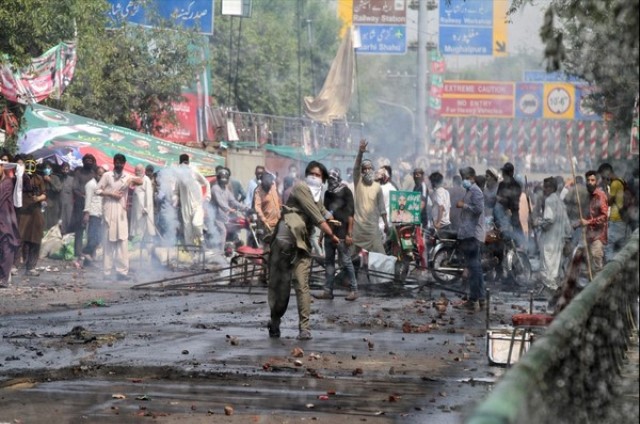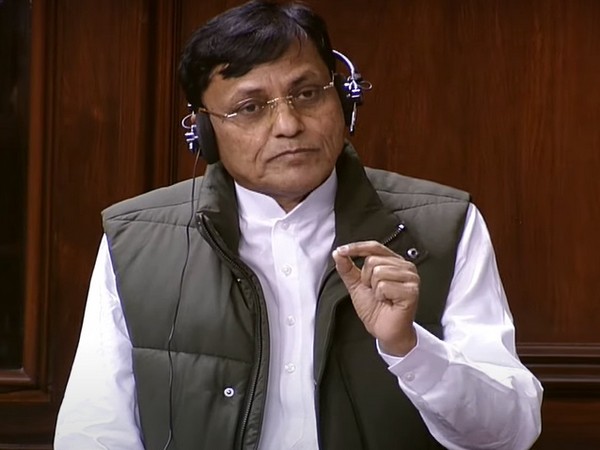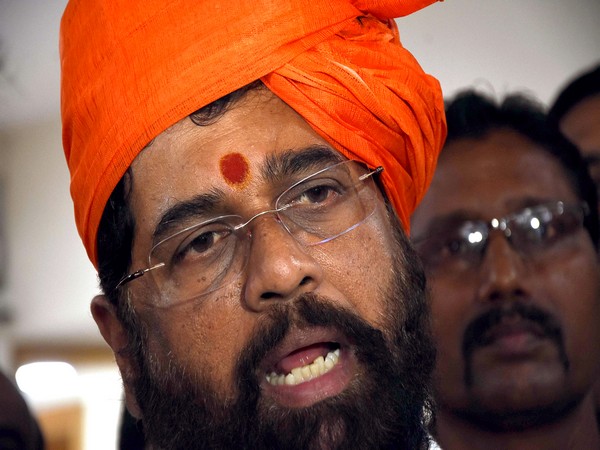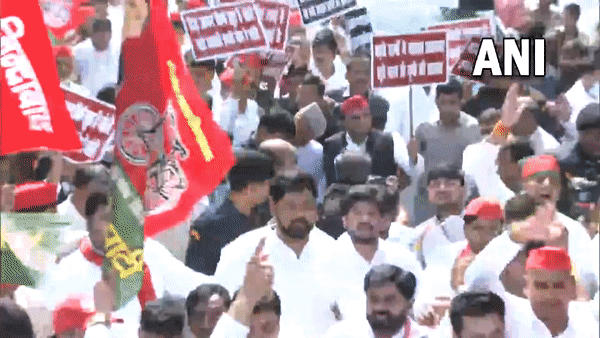Pakistan has been plagued by a deep socio-political and economic crisis, bringing the country to a near standstill with no visible signs of a turnaround.
Now, credit rating agency Moody’s fresh assessment has brought more distressing news for Islamabad that the country could default anytime.
This is another disappointment in the grim list of successive setbacks for Pakistan, which is already struggling to contain the fallouts of extended political turmoil, a weakening security situation and an unprecedented economic crisis that has taken a severe toll on the common people’s wallets.
The IMF, in declining to assist Pakistan by rejecting a loan request, dealt it the most crushing blow.
“It is very unlikely that this programme is going to be revived. But even if it is revived, it doesn’t really pull Pakistan out of the mess in which it is,” said Sushant Sareen, Senior Fellow, Observers Research Foundation.
Even Pakistan’s sole and solid supporter, China’s assistance is not enough to undo, correct or improve the situation.
“What they keep on boasting about getting from China is all in terms of loans on extremely exorbitant conditions. They keep on saying the loans are on subsidized rates but an overwhelming proportion of the loans are actually commercial loans. They are not government-to-government loans. So, they are going to impose increasing burdens of debt,” said Ajay Sahni, executive director, South Asia Terrorism Portal.
Pakistan announced one of its most anticipated budgets earlier this month. The budget was the final opportunity for Prime Minister Shehbaz Sharif-led government to appeal to the public before the country goes to the polls later this year. It was also imperative for the government to incorporate measures aimed at bringing the ailing economy back on track. The IMF conditions were to be met, so some structural reforms were expected.
However, the budget presented a stark contrast. Neither did it satisfy the common Pakistan citizen nor the global lender.
Sushant Sareen, a senior fellow from Observers Research Foundation said given the mood of the IMF and the international financial markets, he did not think anybody is ready to cut any slack for Pakistan right now, unless, of course, some major geopolitical event takes place, like what has happened in the past.
Whether it was 9/11 or the Soviet invasion of Afghanistan, earlier, something at a mega scale takes place where Pakistan once again becomes a player in the international system, otherwise it’s a marginal country. It only has nuisance value because of its nuclear weapons.
In what experts believe could have been a better target with tight spending measures, Pakistan has set a fiscal deficit target of 6.54 per cent, slightly lower than the current deficit of 7 per cent. In addition to this, Pakistan increased subsidies and gave an unexpected salary hike to government employees- leaving the IMF dissatisfied and the informal and private sectors furious.
“We were hoping that there would be some relief for the poor but there is no relief for the poor. They have increased salaries of government servants but the common man will remain reeling under the skyrocketing prices,” said Mohammad Ramzan, a roadside vendor from Karachi.
Civil servants in Pakistan will get a 35 per cent hike, and state pensions will be 17 per cent higher. Pakistan entered into a deal in 2019, according to which, the IMF was supposed to give 6.5 billion USD to Pakistan, out of this, 1.1 billion USD is still undisbursed. This deal will expire at the end of June. Pakistan’s crumbling situation is screaming for this tranche of the bailout.
Sareen said the IMF is quite miffed with what has been presented because there is no reform, and there is no effort to put things right. In fact, they are spending money which they don’t have. The situation is so grim that they are now taking loans to even service their debt and that is an untenable situation.
The recently released budget doesn’t seem to satisfy the IMF. Cash-strapped Pakistan will spend 50.4 billion USD, of which 50 per cent of which is USD 25 billion, will be on debt service. 13 per cent of which, 6 billion USD, has been allocated to Defence. Pakistan is facing a balance of payment crisis. Its currency has plunged into a downward spiral; the dollar reserves are dwindling, there is an energy crisis, and inflation is skyrocketing. However, the government seems to have different priorities altogether.
The country’s economy, which was struggling for months, is now facing another major challenge as the protracted political war between the government and Imran Khan, which has already taken a massive socioeconomic and political toll on the country, is not seemingly ceasing anytime soon.
The ‘tragicomedy’ storyline of Pakistan is also featuring upcoming elections. The more pressing question here is: Can Pakistan even bear the burden of holding elections?
The critics say the country has no choice but to proceed with the scheduled elections. Abandoning this plan will do nothing to disavow the notion that civilian authorities are operating under the influence of the army.
The present security situation of the country has only compounded worries for Pakistan. Unabated militant attacks have claimed several Pakistani security personnel’s lives and little has been done to prevent any such future attacks. The government’s ineffective policies coupled with the growth of new rebel forces have contributed to Pakistan’s worsening security situation.
Despite claims of robust counterterrorism measures, militants continue to carry out attacks with impunity. The IMF has criticised the budgeting of the bankrupt economy as insufficient to accomplish the goals of its bailout program. This signals that the IMF may not give the last tranche to Pakistan.
The current government seems to be targeting in the dark. With Pakistan’s existing problems and the complex political economy, the produced budget is a meaningless document. (ANI)
Read More: https://lokmarg.com/




